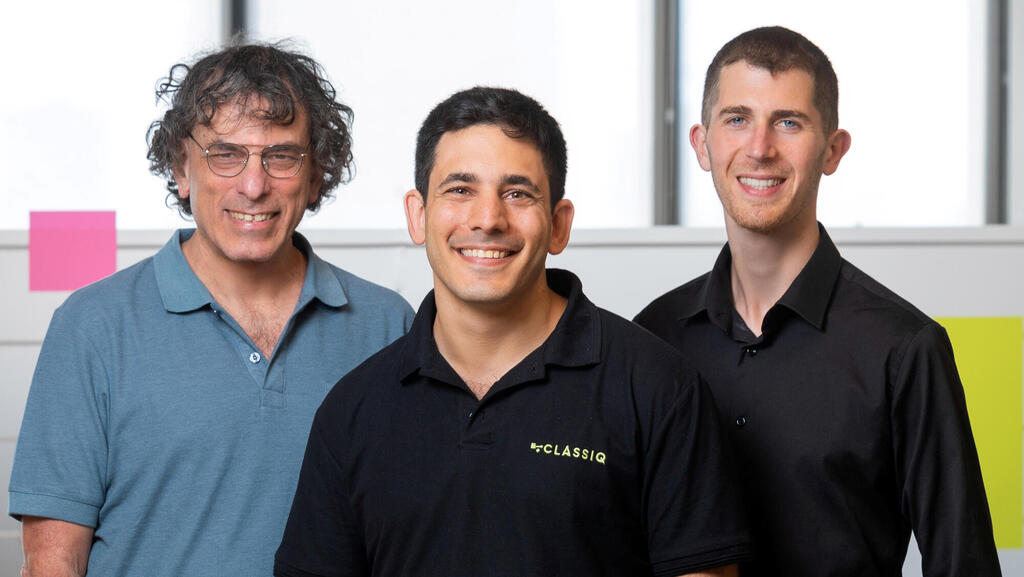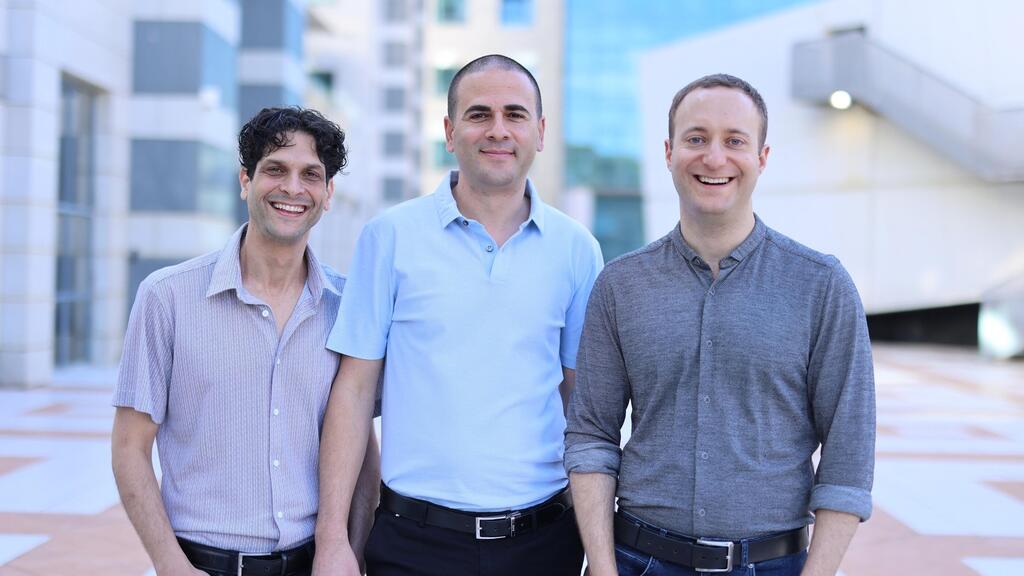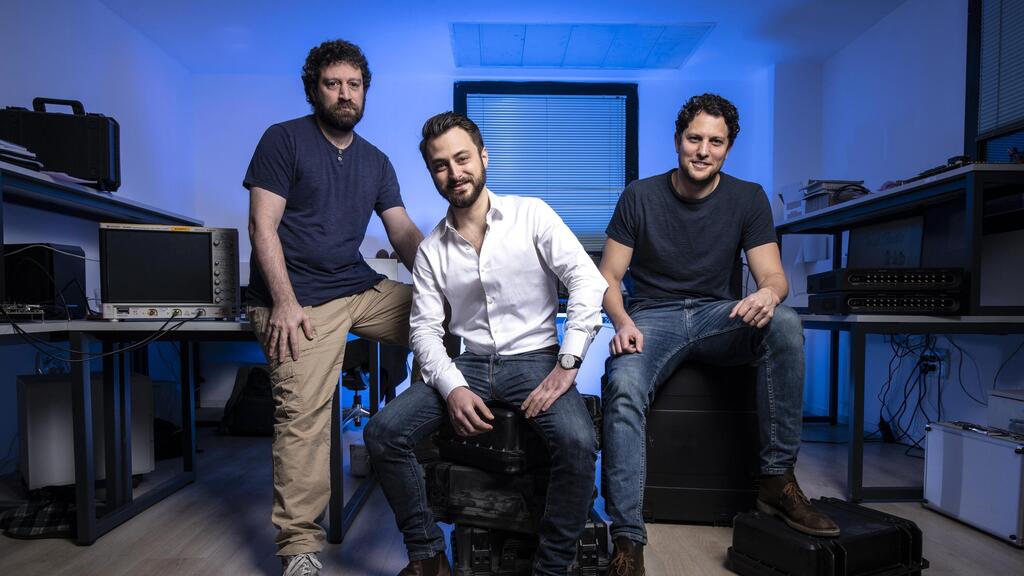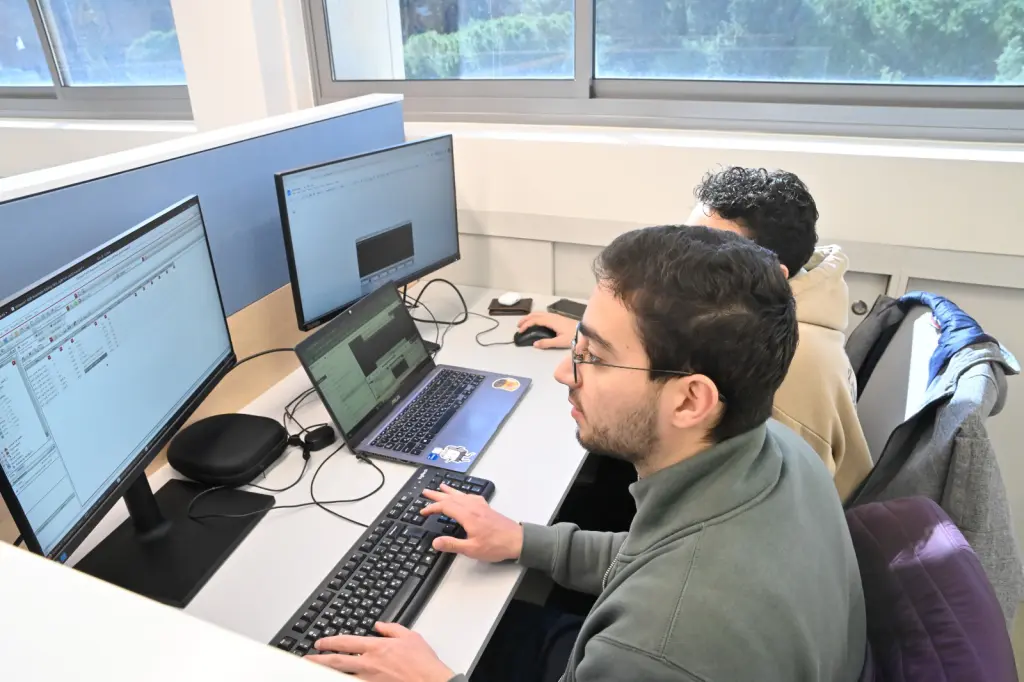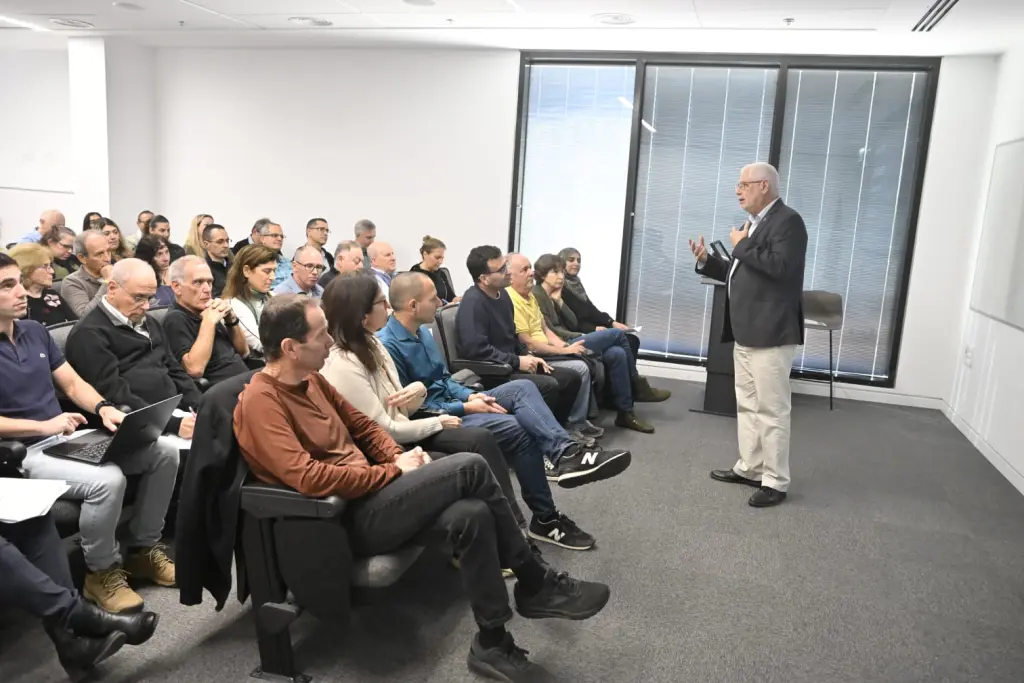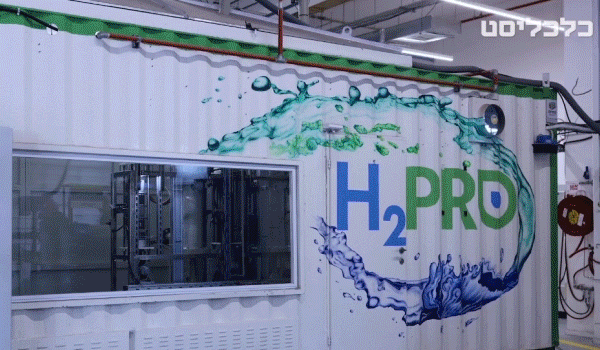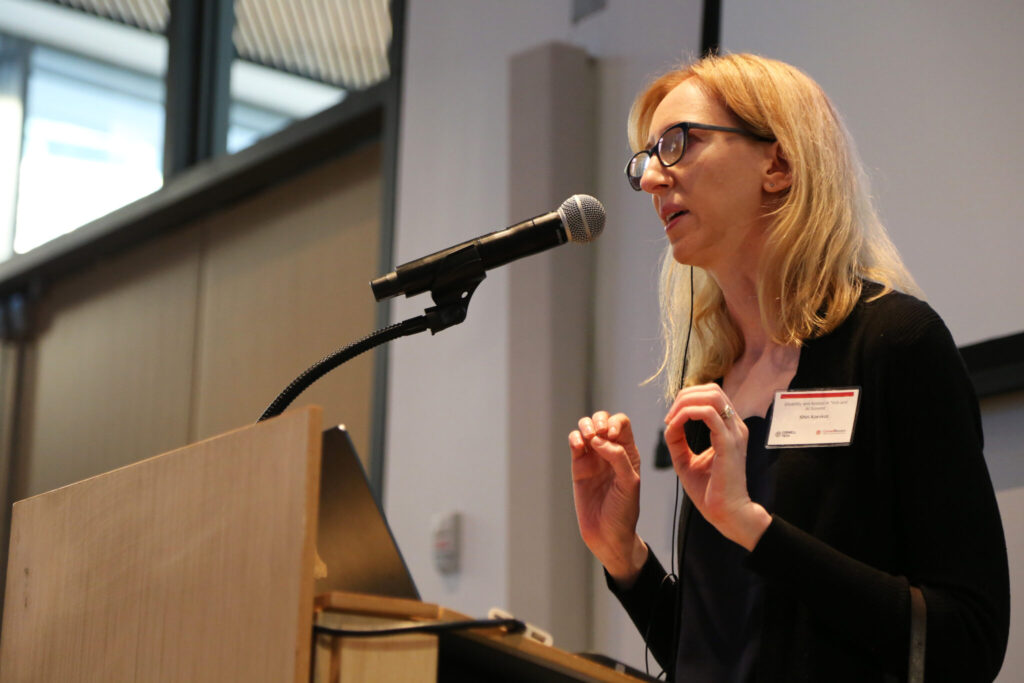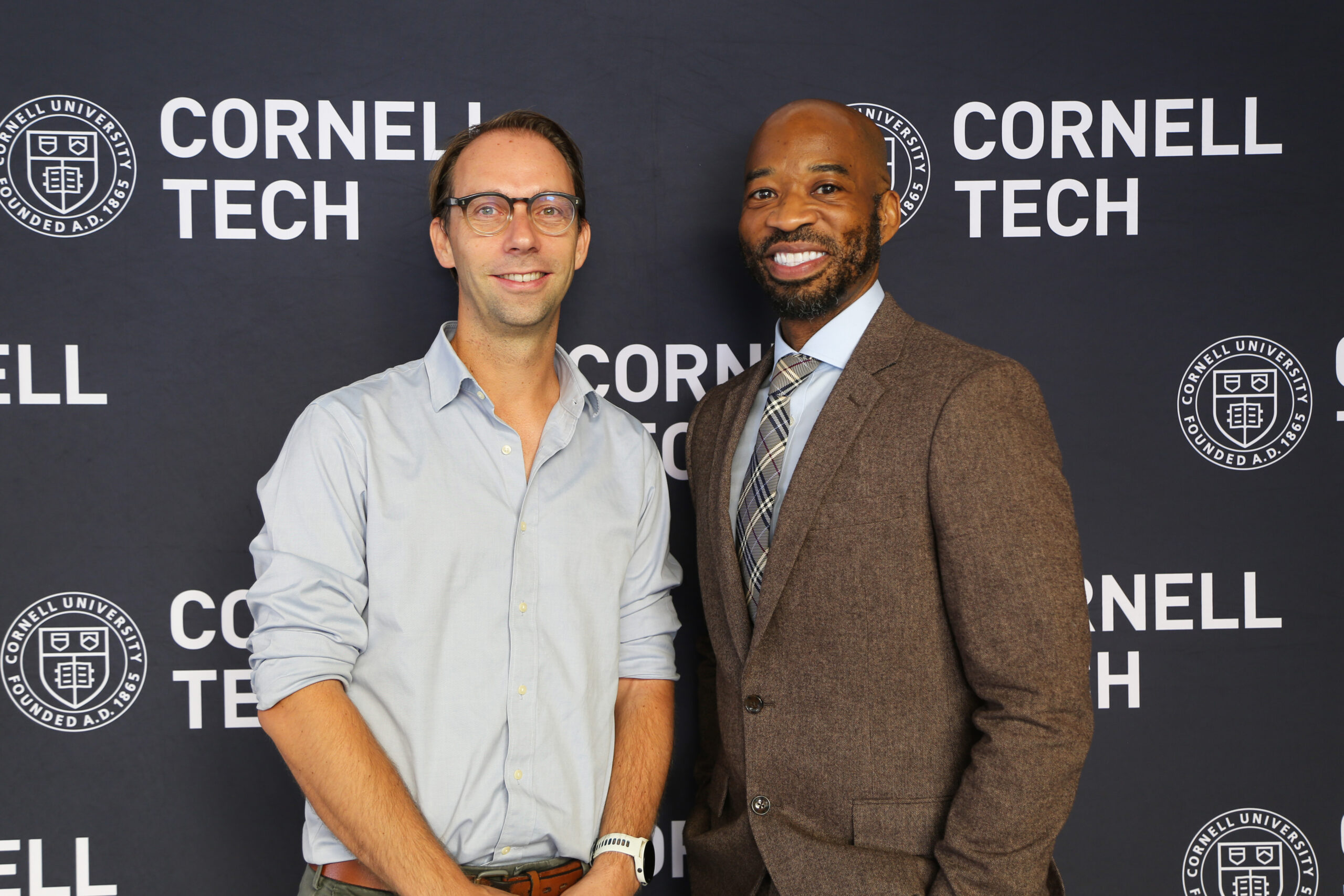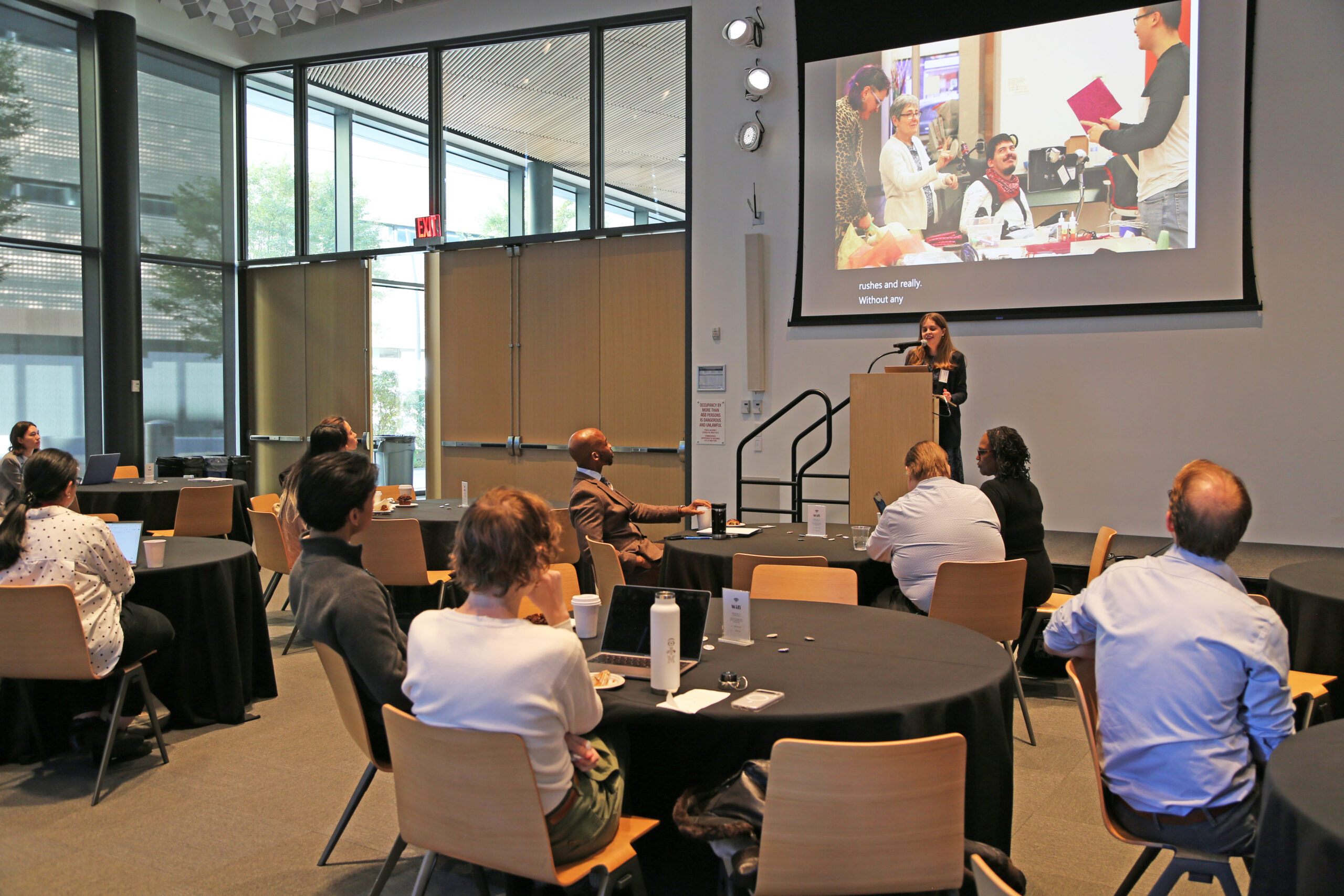The special collaboration will help advance Israeli innovation, energy security, and civil aviation. After concluding the project feasibility study, Boeing and the Technion announce advancement to the next stage of practical development
January 27, 2026 – Dr. Brendan Nelson, President of Boeing Global, visited the Technion yesterday to mark a milestone in the activities of the Boeing–Technion Innovation Centre for Sustainable Aviation Fuel (SAF) and to launch the implementation phase. This strategic partnership, the Boeing–Technion SAF Innovation Centre, was launched in 2023 to develop sustainable fuels for the aviation industry. According to the project partners, aviation’s long-term growth will be enabled by producing SAF from feedstocks including green hydrogen and carbon dioxide, and the joint centre will advance this process to a level that enables commercial production at a competitive cost.
Also participating in the visit on behalf of Boeing were Boeing Israel President Maj. Gen. (res.) Ido Nehushtan and Haggai Mazursky, Head of the SAF project. The Boeing delegation was welcomed at the Technion by Technion President Prof. Uri Sivan; Vice President for Research Prof. Noam Adir; Vice President for Innovation and Industry Relations Prof. Yuval Garini; and Head of the Centre Prof. Gidi Grader of the Wolfson Faculty of Chemical Engineering.
Dr. Nelson, a physician by training, previously held senior positions in the Australian government, including Member of the Australian Parliament, Minister of Defence, Minister for Education and Science, and Ambassador to Europe. During his visit to the Technion, Nelson said: “In addition to delivering high-quality fuel-efficient airplanes to our customers, Boeing works globally and regionally to enhance energy security, support the growth of the civil aviation industry, and create new economic opportunities through sustainable aviation fuel and other technologies. We are pleased to partner with Technion and other stakeholders in the SAF Innovation Centre to support Israel’s aerospace industry.”
“This is a historic collaboration of national importance for the State of Israel,” said Technion President Prof. Uri Sivan. “The partnership with the global aviation leader, Boeing, is, for us, a vote of confidence in the Technion, its researchers, and our technological capabilities. Through this collaboration, Technion experts are taking on a tremendous mission: to develop technologies for producing clean fuels through sustainable processes, thereby making a significant contribution to aviation—and no less importantly, to human health and the environment. I do not doubt that we will meet this challenge, just as we have met many others over the past hundred years.”
“Boeing has been active in Israel since before the establishment of the State and serves as an important supplier to El Al and the Israeli Air Force,” said Maj. Gen. (res.) Ido Nehushtan, President of Boeing Israel. “Israeli industries are now key suppliers to Boeing, and many Israeli systems are integrated into the company’s products worldwide. Boeing has continued to deepen its research and development ties with academia and industry in Israel, as well as its investments in the high-tech sector.” The President of Boeing Israel added that the collaboration between the Technion and Boeing will pave the way for the development of Israel’s most advanced technologies and capabilities, which will be integrated into future generations of aerospace systems around the world.
The Boeing–Technion partnership was initiated by Boeing and includes partners from across the industry and government in Israel. The Israeli Government has provided measures and financial support to accelerate the Israeli SAF industry, which include Israel’s Ministry of Innovation, Science, and Technology establishing the ISAF research consortium and the Israel Innovation Authority launching SAF-IL which is an incubation program for Israeli start-ups dealing with SAF development.
To lead this groundbreaking vision for the development of SAF, Boeing partnered with Prof. Gidi Grader of the Technion’s Wolfson Faculty of Chemical Engineering to establish the centre, which has now completed its proof-of-concept phase. As part of the partnership, 11 Technion faculty members and dozens of doctoral students from five different faculties are working on various aspects of aviation fuel production, including efficient and competitive manufacturing; theoretical aspects of catalytic reactions and fuel combustion; safety considerations; full life-cycle analysis; and the establishment and operation of an experimental fuel-testing facility at the Technion, which will be only the second of its kind in the world.
The announcement of the Boeing–Technion partnership was originally planned for October 2023. Despite the events of October 7 and the war that followed, the decision was made to continue with the technical work, as Dr. Nelson explained several months later: “We launched this initiative, a project of resilience and innovation in the spirit of the Jewish people and the State of Israel, shortly after the horrific October 7 attack. When I met the Prime Minister a few months earlier, I told him that if there is one country in the world capable of solving civil aviation’s emissions challenge, it is Israel, led by the Technion—the Israeli MIT.”
Now, two years later, following the completion of the initial feasibility phase, senior Boeing executives were presented with the progress achieved to date, and the second phase of the initiative was launched: the development of SAF produced from green hydrogen and carbon dioxide, and the advancement of the process to a level that will enable competitive commercial production.




